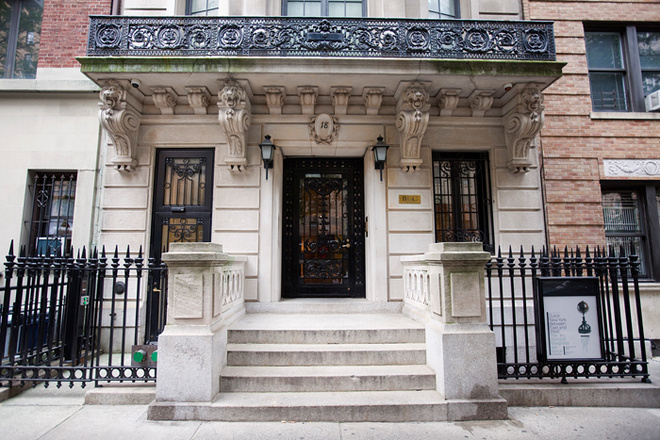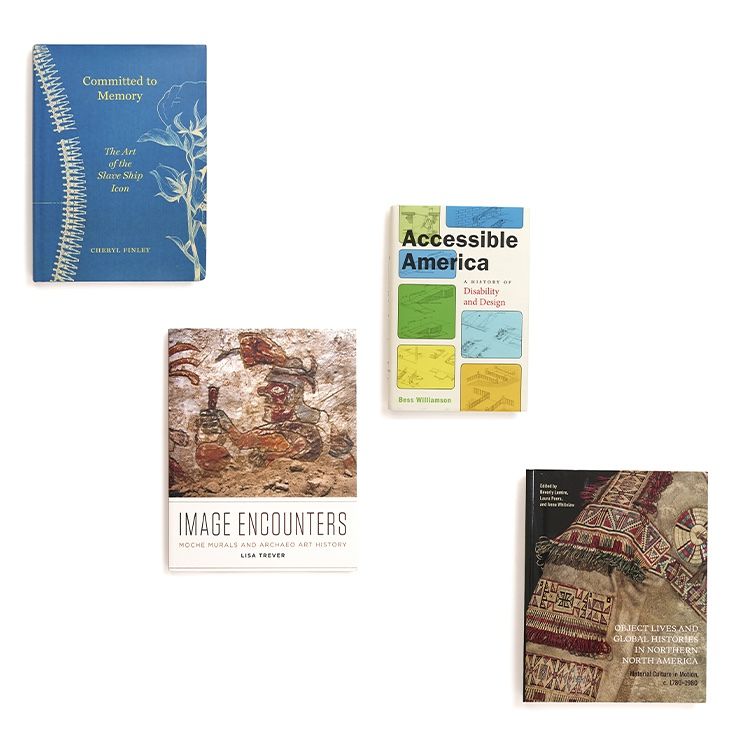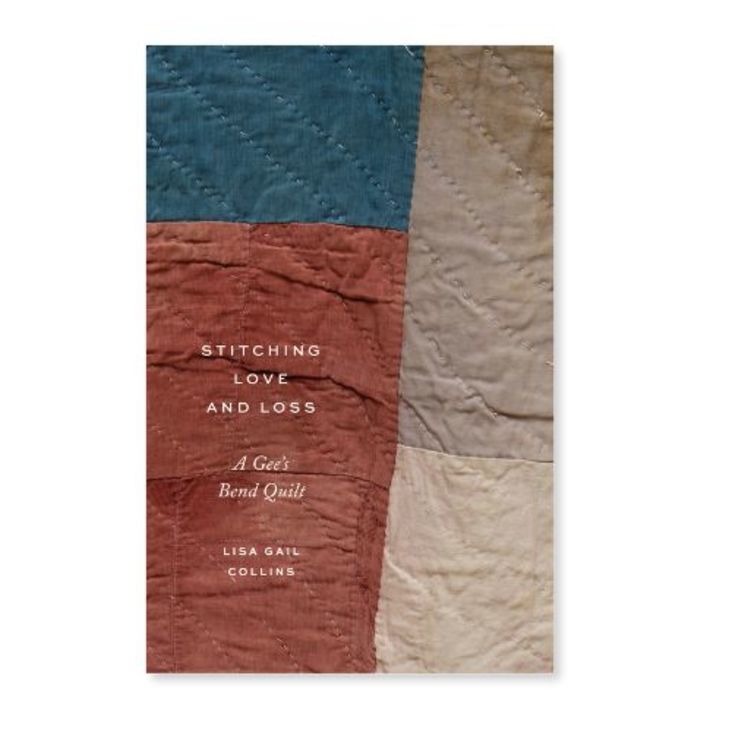Interview with Uthara Suvrathan—Visiting Fellow
Uthara Suvrathan’s research draws on both archaeological and textual material to examine the organization of polities and places on the margins of large socio-political systems and empires in South Asia. She is also involved in collaborative projects aimed at preserving the archaeological heritage in South India and the sharing of archaeological data between scholars working in the region. Working with colleagues in India and the United States, these projects involve the documentation and preservation of previously unrecorded historic inscriptions, as well as the creation of a shareable database recording archaeological site information collected by scholars working across South Asia. Her publications include “Spoiled for Choice?: The Sacred Landscapes of Ancient and Early Medieval Banavasi” in
South Asian Studies (Vol. 30.2, 2014) and “Regional Centres and Local Elite: Studying Peripheral Cores in Peninsular India” in
Indian History (The Annual Journal of the Archive India Institute, Vol. 1, 2014). She received her PhD from the University of Michigan. At Bard Graduate Center, Suvrathan is completing her book manuscript entitled
Persistent Peripheries: Archaeological and Historical Landscapes of an Early City in South India, 3rd c. BCE–18th c. CE.
Tell us about your academic background and how you became interested in your research area.
As a child I travelled widely in India and was fascinated by the richness of its history. I was especially drawn to the materiality of the past —to the things and places that people left behind. Relatively few of the larger universities in India offer archaeology as an independent subject of study and I decided to major in history, while independently reading about archaeology. Fast forward a few years and I volunteered at an archaeological excavation in south India. That decided it! I realized that I loved the scientific rigor and interdisciplinarity of archaeology, not to mention the hands-on nature and immediacy of excavation. I moved to Michigan for grad school in anthropology (archaeology) but with a focus on South Asia so that my research takes me back to India for months at a time every year.
What attracted you to the Bard Graduate Center fellowship?
I recently moved to the New York City area and colleagues highly recommended Bard for its wide ranging interest in material culture. Looking through the programs and faculty here, I was very attracted by the interdisciplinary interest in the material world and thought it would be an invigorating place to write.
What will be the focus and result of your research here?
I am working on a book manuscript based on my doctoral and post-doctoral research in India, where I study the margins of ancient empires. I plan to complete two major chapters by the time I leave. In addition, I am finishing up a couple of articles (on crowdsourcing and public engagement in archaeology).
What are you goals after the fellowship?
My immediate goal is to finish my book! Ideally, I would like to continue and expand on my research into the margins of ancient states at an institution that allows me to teach archaeology and work closely with students.
What would be your advice to young researchers/students still trying to decide a career path for themselves, whether in academia or in musems?
Diversify! Try to be as interdisciplinary as you can. Pick up a variety of skills along the way, whether through volunteering or internships or taking a range of courses. Not only will you cultivate professional contacts (who might nudge you in the direction of a job down the line) but academia and museum work is increasingly competitive and you might be required to play multiple roles.














